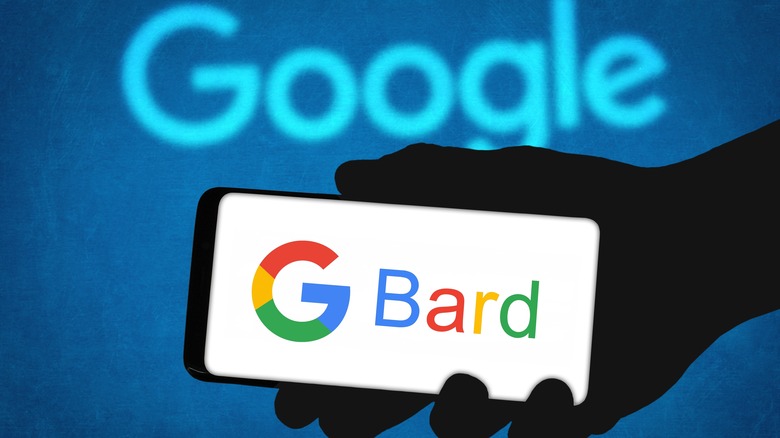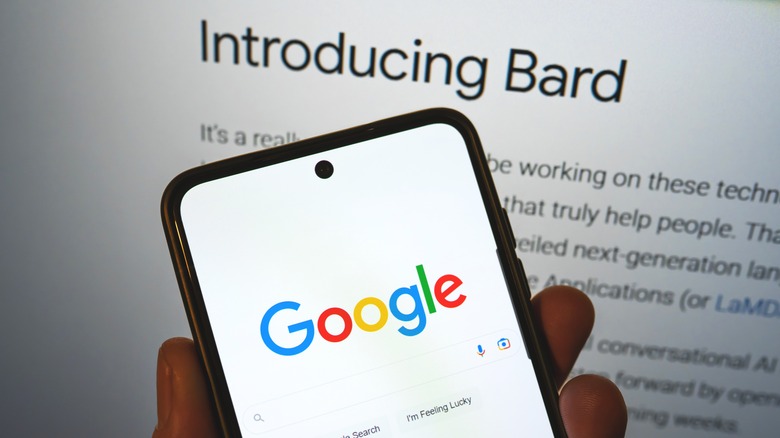Google Bard Gets A Slate Of New Coding And Debugging Features
Back in March 2023, Google opened up its first conversational AI chatbot, Google Bard, to a wider set of users. In its initial iteration, Bard was extremely limited in capability — especially compared to its chief rival ChatGPT. However, Google has promised that Bard will gradually see a series of updates that will eventually make it as capable as ChatGPT (or even better) in the days to come.
Just as Google promised, the company has constantly been updating Bard with new capabilities. Late last month, Bard incorporated something known as PaLM (Pathways Language Model), which improved the chatbot's response to math and logic-related questions. When this happened, Google also announced that its next major goal would be to equip the chatbot with the capability to write and debug code.
On April 21, 2023, Google fulfilled this promise and confirmed that Bard has been updated with the ability to not only generate new code, but also debug them and provide users with explanations. In the blog post announcing the update, Google confirmed that the ability to help with programming and developmental tasks was one of the top-requested features among Bard users.
Google also confirmed that Bard is getting the capability to natively export Python code to Google Colab without having to copy-paste anything. As of now, Bard supports coding in more than 20 programming languages — with the notable ones being C++, Go, Java, Javascript, Python, and Typescript.
Coding using Google Bard: Everything you need to know
In the blog post announcing the changes, Google's Group Project Manager Paige Bailey confirmed that the new changes to Bard also endow it with the capability to explain code snippets — making it easier for learners and novice users to understand coding. Additionally, this feature can also be used by experienced coders to grasp the expected output from a selected block of code.
Paige also explains that Bard can be used to debug a code that isn't working as expected. The process itself is as simple as typing, "this code didn't work, please fix it." Bard will then try to debug the code, and provide an explanation as to what really went wrong.
In addition to these features, Bard has also gained the ability to cite the source of a code, especially if it has been taken from an existing open-source project. Another key area where Bard can be helpful to coders is its ability to optimize an existing piece of code. Again, all the user needs to do from their end is to ask Bard to make the code faster.
Even with these newfound capabilities, Google still insists that Bard is in an experimental stage, and that it could occasionally come up with unexpected outputs and sub-optimal code. The company insists that developers shouldn't wholly rely on code generated by Bard alone without actually verifying it themselves.

